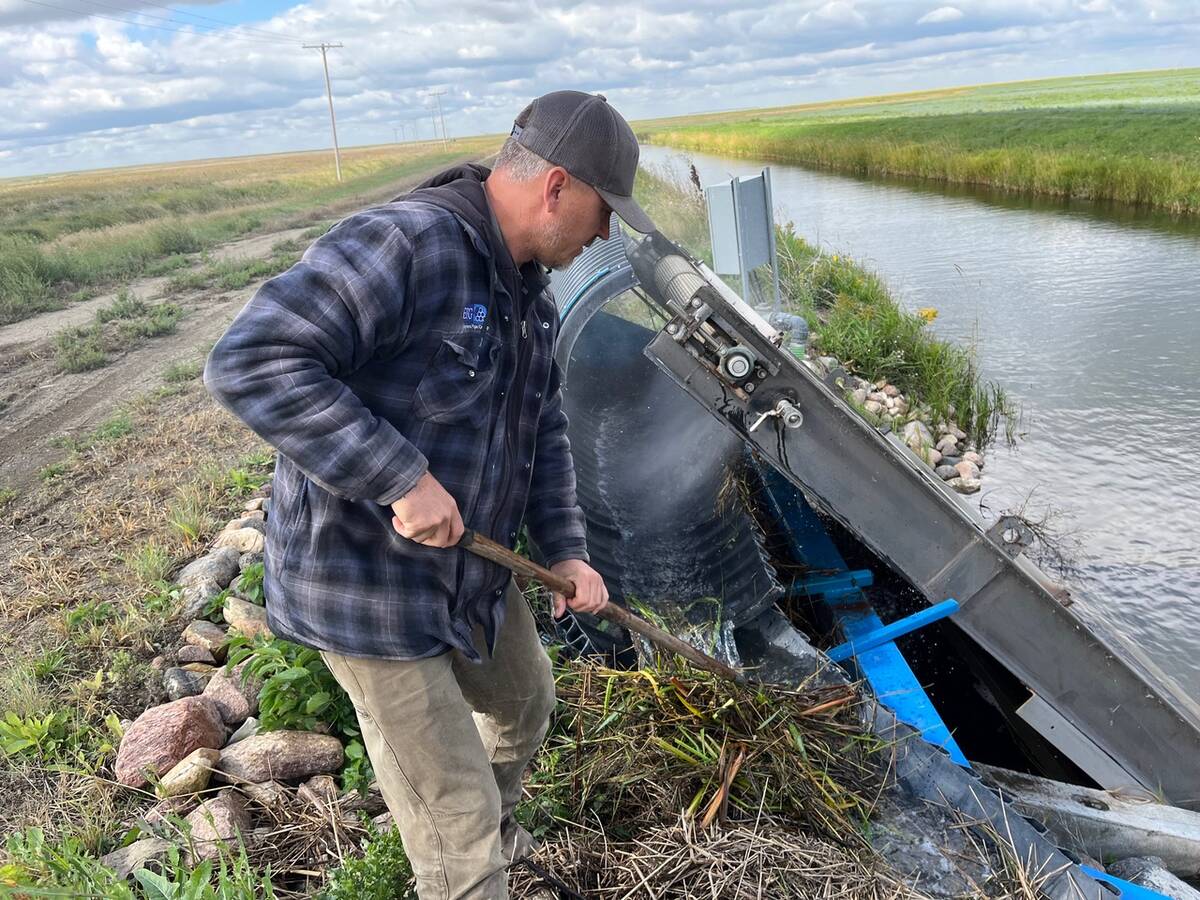CALGARY Ñ A fundamental tenent of organics is to practice sustainable agriculture but the industry has room for improvement in one area.
“We need to go back and minimize the amount of cultivation and tillage that is done,” Saskatchewan Agriculture crop development specialist Sherrilyn Phelps told 100 registered delegates attending the Going Organics conference in Calgary.
Organic production systems are heavily dependent on tillage as a form of weed control and as a means of fertilization by plowing under green manure crops.
But research has shown the age-old farming practice significantly reduces populations of beneficial earthworms, mites and nematodes living in the soil.
Read Also

Saskatchewan farmer uses tile drainage to manage water
The integration of both irrigation and tile drainage results in higher yields, water efficiency, improved soils and less nutrient runoff, says one producer.
Ironically, these are all creatures that can help organic farmers naturally recharge their soil nutrient levels.
A normal population of earthworms devours 1,000 kilograms of soil per acre. In the process they perform the valuable functions of mixing, aerating and fertilizing farmland.
By reducing their population levels through excessive tillage, farmers are degrading their soil quality and preventing the earthworms from breaking down plant matter to a form that helpful bacterial fungi can digest.
Phelps recognizes that cultivation is one of the only weed control tools organic farmers have so it is not practical to suggest doing away with the practice.
But there may be room for improvement when it comes to seeding crops and especially when incorporating green manure crops into the soil.
“Recent research shows you don’t have to incorporate them; you can just mow them and leave the thatch on the surface,” she said.
The thatch degrades slower than when green manure crops are tilled into the soil, which has the added benefit of minimizing the leaching of valuable nutrients into the ground water, said Phelps.
She also suggested there can be improvements in the timing of tillage, noting that early season work is not nearly as devastating to critter populations as disturbing their habitats in the fall.
Her message struck a chord with Winnipeg vegetable grower Dan Wiens, who felt guilty after hearing Phelps’s presentation.
“I was hanging my head in shame,” he said.
Wiens has serious soil fertility concerns on his farm and promised to take her message to heart for the coming crop season, but like most things with organic agriculture, it isn’t going to be easy.
“We haven’t figured out how to grow organic vegetables without tillage,” he said.

















